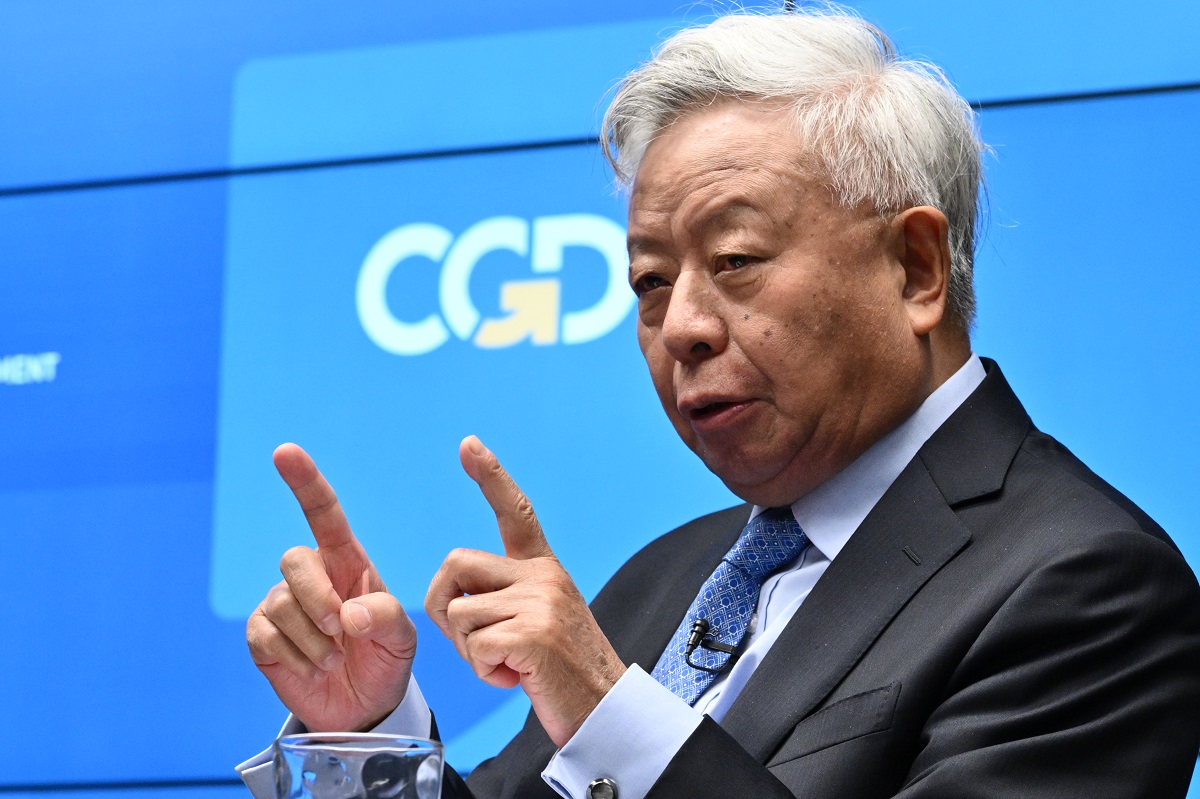Last week, the Aluminum Corp. of China, otherwise known as Chinalco, received regulatory approval to proceed with its investment of $19.5 billion in the Australian-based mining giant Rio Tinto, giving the Chinese access to a large and secure supply of iron ore, copper, aluminium and other resources in Australia and Latin America. Is this a signal that China is losing interest in Africa? Or that African governments are becoming disenchanted with their Chinese partners? If so, what are the policy implications, particularly with regard to investments in infrastructure? While large-scale construction in infrastructure, housing, and sports stadia have made the Chinese presence in Africa very visible, there seems to be some evidence that the blush is off the rose. First, China is running into problems that other investors have also had to cope with in Africa. Zambia, for example, has made a concerted effort since 2003 to attract Chinese money, but only one hydropower project--the Kariba North dam -- has been completed. China has invested in the Zambian copper sector at a rapid pace, but when commodity prices collapsed in 2008, mines were abandoned and workers unpaid as Chinese investors left the sector. Some of these mines are now slated to reopen as copper prices have rebounded slightly, but the Mine Workers Union of Zambia has expressed concern about turning to the same investors who walked away a year ago.In Angola, several deals have been signed -- one was even reported to include the resettlement of a quarter million Chinese people to that African nation. China has provided Angola with credit lines valued anywhere from $6 billion to $11 billion and Angola is arguably China's largest source of oil. But projects have stalled and both the Angolan and Chinese governments have expressed their dissatisfaction with the way things have turned out. When the deal to build an oil refinery jointly with Sinopec, the Chinese state-owned oil company, collapsed, both sides were reportedly relieved.The Chinese have been frustrated about the poor quality of road and rail infrastructure in Africa -- the very problem they were brought in to solve. Poor roads, an erratic power supply, antiquated rail systems and endless red tape have resulted in enormous delays on construction projects, in turn angering the African governments that have entered into these partnerships. Furthermore, the Chinese model of importing large quantities of their own workers to undertake construction projects has not gone down well with the local business community in many countries. Language and cultural barriers have provided additional roadblocks. But perhaps most importantly, the price of oil has fallen (from $140 a barrel when many of the oil-related deals were signed to $50 a barrel), making Chinese investors perhaps less willing to put up with Africa's weak infrastructure and burdensome business climate.I’m hoping that the Chinalco-Rio Tinto deal will serve as a wake-up call to African governments that the Chinese have other options for obtaining the raw materials they need and that if African countries want to continue to attract Chinese investment they must fix the business environment, reduce red tape and corruption, and provide the necessary incentives for Chinese and other investors to stay the course. In the end governments cannot ignore the constraints to doing business. Nor can investors (even if they are as large as China) circumvent these problems. The hard work of improving the business climate must be done.
CGD blog posts reflect the views of the authors, drawing on prior research and experience in their areas of expertise.
CGD is a nonpartisan, independent organization and does not take institutional positions.



